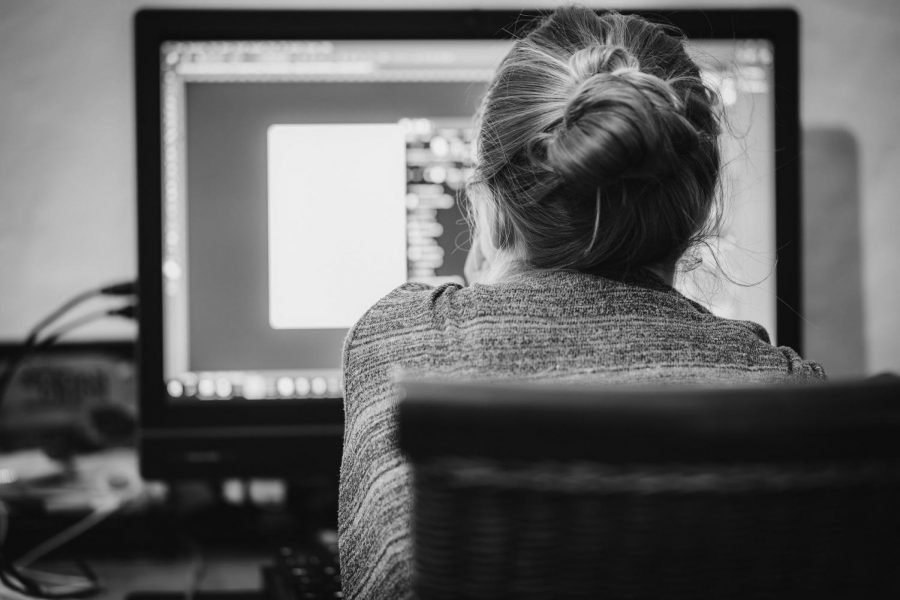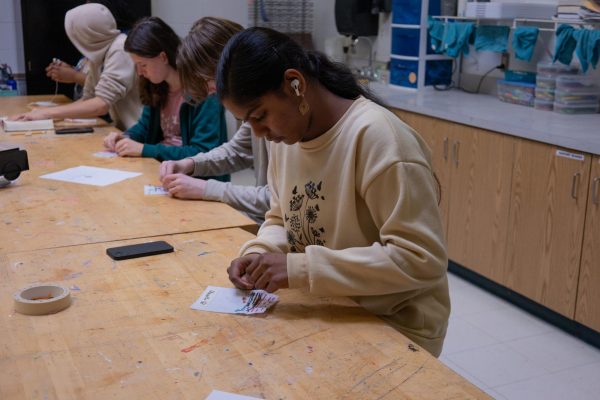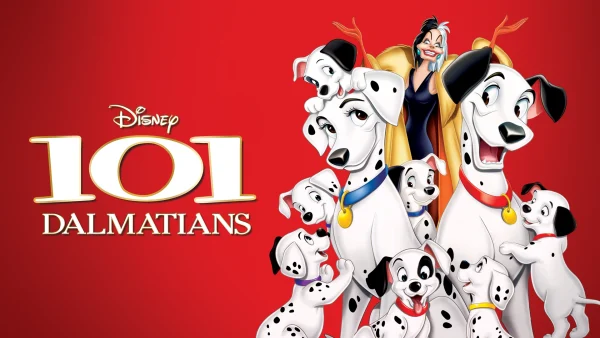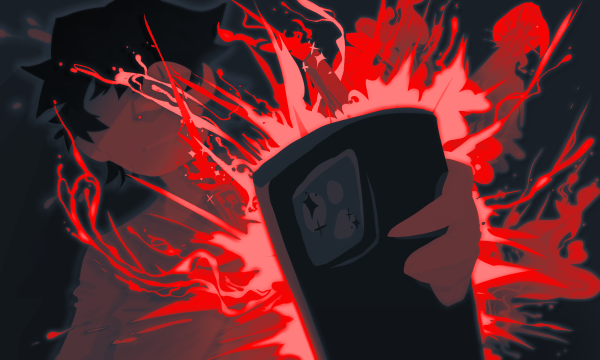All Too Easy
Exposing our regression when we allow social media to overtake our lives
A woman stares at a screen in monochromatic shades. As technology grows more important in our daily lives, it becomes harder and harder to find life outside of its addictive grasp.
When our normal lives closed for months on end, a new life opened, one of social media. And though it had been used for decades prior to COVID, the long hours at home passing in monotony led to an increase in its usage. People learned all sorts of new things. Dances, recipes, random “fun facts.” The outlets for art and expression expanded, exploding with the inputs of change. People could share instantly, connect thoughtlessly, and talk from miles, even oceans apart. It was so easy. Click…scroll…double tap…scroll.
And as the virus continued to spread, so did our resources. Events, stores, and jobs moved online. Technology boomed as we became confined to the pixels on a screen. Until it became all we could see. I know I wasn’t alone when my weekly ‘screen time’ report came in increasingly higher week after week. Posts across all types of social media show the same results. And going back to school hasn’t made much of a dent. Throughout our classes, we are asked to open Canvas and look at assignments, view the notes, the homework, the discussion, on and on. My phone is on and open for almost entire class periods. Outside of class, if I find myself struggling, or even just bored with an assignment…click…scroll…double tap… If anything, the new world we’ve been thrust into has forced us to rely on technology more and more. And that’s not necessarily a bad thing.
But nothing is going to put a limit on the hours we spend, entranced by a screen, mindlessly scrolling. Nothing is going to keep the notifications from popping up in their small red circles and banners. Nothing is going to change the literal chemical reaction our brains have when we get a like. Technology isn’t created to regress, and it’s not going away. So instead, we become the ones who change around technology, accommodating our lives to the demands of a screen. Click…scroll…double tap….
As social media increases its number of users, it grows more and more influential. We yield ourselves to the small dings and buttons encased in the glass of a screen, allowing it to infest nearly every aspect of our lives, nudging its way into schools and businesses, wriggling between conversation and connection, distracting from a presence in reality. And it’s so easy to get caught up in because it’s not all bad.
This isn’t a black-and-white issue, but instead a breakthrough that swept the world in a colorful ethic without our awareness. We didn’t amble into technology, we sprinted into it, diving headfirst into another world. But our motivation for improvement made us blind to what we had immersed ourselves in. We failed to see the warnings of social media. Younger and younger generations gained access to it, penetrating through generation barriers and changing the very world in which we stand.
The boom of social media and technology has led to a sharp increase in depression and suicide among teens. The pressure to post and gain followers, to get likes and comments, is a burden shouldered by many without them even knowing it. It’s tucked away behind the gratification of gaining those likes and followers. But the worlds created in social media aren’t always what they appear to be. Perfection is forged, the pictures a facade to their life. But you don’t get to zoom out and see the messy kitchen counters surrounding the final product resting in a square of pristine aesthetics. You don’t get to see the photos without the edits and filters. I know this, and yet still find myself staring at someone’s post, wondering how they get to travel to so many amazing places seemingly weekly, how they have the resources to create something so grand, questioning if I should be doing something different so that I can have experiences like them. And so the world and images we become surrounded with taunt us, jabbing fingers at the holes in our lives and the imperfections of our physical appearance. Social media spits on flaws, on outliers. But what’s more diverse than humanity?
Despite this, the algorithm is designed to feed you, to have a prescription ready for any emotion or thought we may have. At our fingertips are artificial outlets, complex matrices of ideas, offering instant satisfaction to whatever we face. And it works. Like a drug, we come to depend on it more and more, unable to cope with a struggle or emotion without first going to console ourselves in another dose. Click…scroll…double tap…scroll. Moreover, as we express our opinions, the content we receive aligns with those opinions, gradually drawing a sharper line and widening the gap between differing thoughts. Divisions start to occur from the largest to the smallest scale as we are pulled towards the extreme edges of beliefs. We aren’t too different. And the differences we have form a unique world in which progress is attainable.
Social media is hugely influential and wields a great impact on who we become personally and as the family of mankind. We must take an active stance to become aware of its dangerous grip, while still allowing the life-improving growth it offers. I’m not promoting that we shut technology out, that we close our eyes to the blessings and goodness social media offer. I’m pleading for our eyes instead, to be opened, for us to become aware of the power and dangers within this world of pixels that lives in our daily lives. If we don’t take vigilant action to control technology and the various uses of media therein, it will control us, until all we can do is stare numbly at a screen…click…scroll…double tap…scroll.
Your donation will support the student journalists of Francis Howell Central High School. Your contribution will allow us to purchase equipment and cover our annual website hosting costs. FHCToday.com and our subsequent publications are dedicated to the students by the students. We hope you consider donating to allow us to continue our mission of a connected and well-informed student body.













